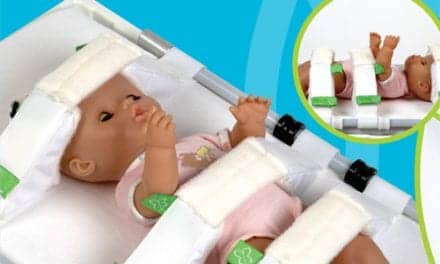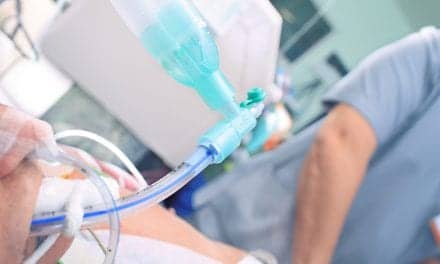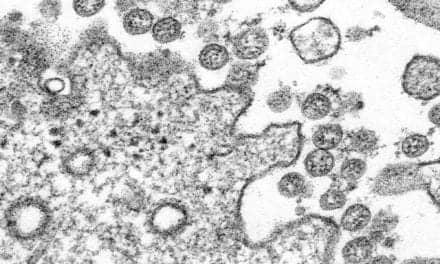The COVID-19 pandemic has, and will continue to have, a tremendous impact on ICU nurses’ mental health and willingness to continue in the critical care work force, according to research presented at ATS 2021.
Researchers surveyed ICU nurses using valid and reliable measures of burnout, moral distress, depression, anxiety, and post-traumatic stress symptoms. The researchers recruited a national sample of nurses who have worked in the ICU during the COVID-19 pandemic between October and December 2020, through the American Association of Critical Care Nurses newsletters and social media.
Survey responses were collected from 488 US critical care nurses. Staff nurses comprised 92.5% of respondents, 29% were reassigned to a COVID unit other than their usual ICU, and 68% experienced a shortage of personal protective equipment (PPE).
According to results:
- Nurse respondents reported higher levels of moral distress and burnout than reported for ICU or trauma nurses prior to the pandemic.
- They also stated that they had higher anxiety and depression than reported in the general population and higher risk for having post-traumatic stress disorder (PTSD) than recent veterans or patients after traumatic injury.
- Symptoms of moderate to severe depression and anxiety were reported, respectively, by 44.6% and 31% of respondents.
- 47% of respondents were at risk for having PTSD.
“It is vitally important that we allow space and time for critical care nurses to share their experiences during the COVID-19 pandemic and that this support not stop when the pandemic is over,” stated Dr. Guttormson. “Based on these results, the pandemic will have long-term repercussions for critical care nurses and may result in nurses leaving critical care or the nursing profession.”
This study offers important insights about the mental health of nurses during a global pandemic that can guide the development of tailored interventions for ICU nurses to support them as the pandemic continues, as well as after the crisis, noted the authors: “Interventions are needed that allow and support critical care nurses to make sense of and find meaning from their experiences during the pandemic.”










